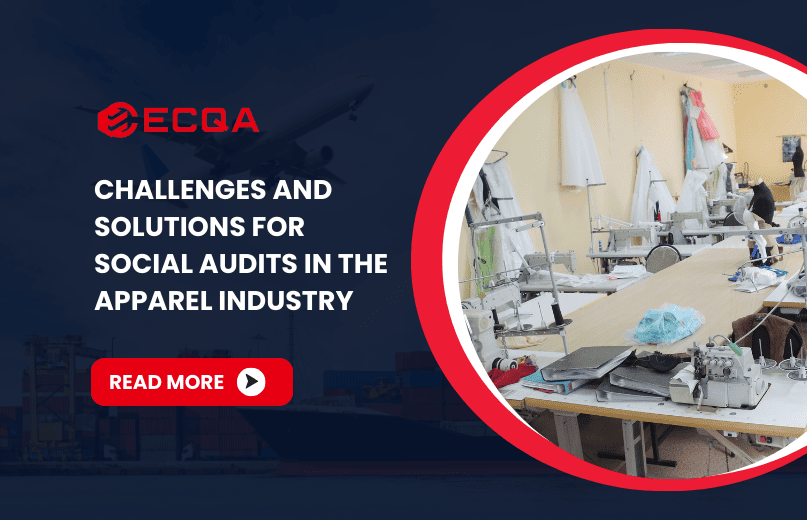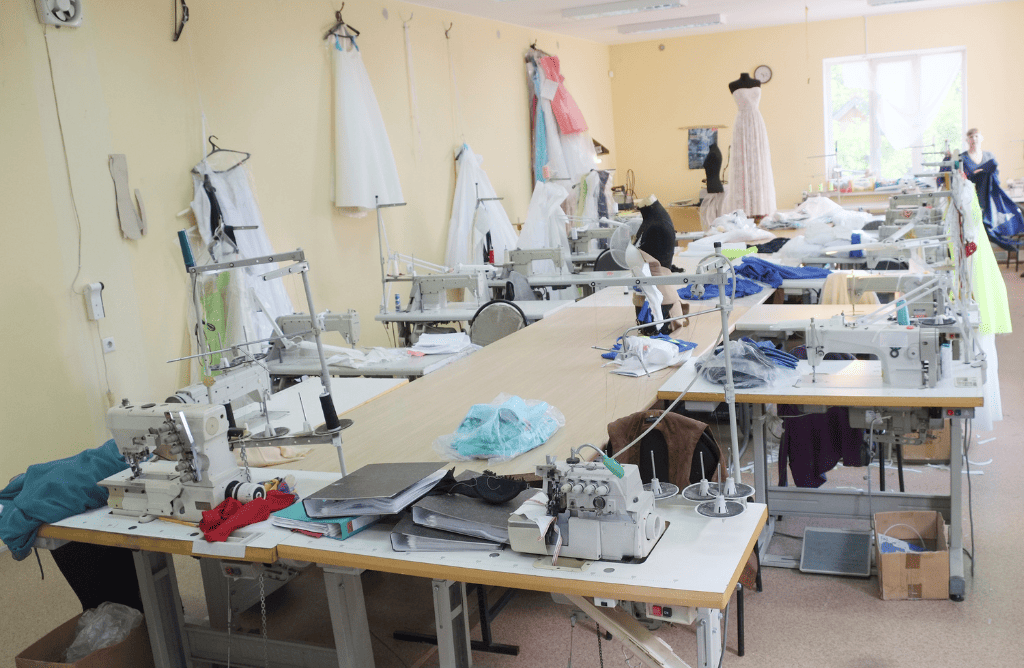
Challenges and Solutions for Social Audits in the Apparel Industry

The apparel industry is a cornerstone of the global economy, employing millions of workers worldwide. However, the industry has long faced scrutiny over issues such as unfair labor practices, unsafe working conditions, and environmental non-compliance. This is where social audits play a crucial role. By evaluating and ensuring compliance with labor, health, safety, and ethical standards, social audits have become essential for maintaining accountability and transparency in apparel supply chains.
What is Social Responsibility Audits?
A Social responsibility audits is a comprehensive evaluations of a company’s operations, focusing on how they impact workers and communities. These audits assess compliance with local labor laws, international standards, and customer requirements. In the apparel sector, social audits often cover key areas such as:
- Wages and benefits
- Working hours and overtime practices
- Health and safety standards
- Child labor and forced labor policies
- Environmental impact
Through independent assessments, social audits provide a clear picture of a factory’s social performance and identify areas for improvement.
Challenges in Conducting Social Responsibility Audits
1. Complex Supply Chains
The apparel industry relies on multilayered supply chains that span multiple countries and involve numerous subcontractors. This complexity makes it challenging to monitor compliance at every level. Factories often outsource work to smaller facilities, which may lack adequate oversight.
2. Inconsistent Standards
Different regions have varying labor laws and standards, making it difficult to create a unified compliance framework. Brands must navigate these inconsistencies while ensuring adherence to internationally recognized protocols, such as SA8000 and ISO 26000.
3. Audit Fatigue
Factories often face repeated audits from different brands, leading to audit fatigue. This can result in incomplete cooperation and reluctance to disclose accurate information. Harmonizing audits across brands could alleviate this issue but requires significant coordination.
4. Hidden Non-Compliance
Many factories engage in window dressing during audits, temporarily meeting standards to pass inspections. Identifying and addressing these practices requires skilled auditors with a deep understanding of the apparel industry.
5. Cost Constraints
Social audits can be resource-intensive, especially for small and medium-sized enterprises (SMEs). Factories may struggle to allocate sufficient funds for necessary improvements, further exacerbating compliance gaps.
How to Conduct Effective Social Responsibility Audits
1. Partnering with Experienced Third-Party Company
Engaging independent auditors with expertise in the apparel industry ensures impartial and thorough assessments. Third-party inspection company bring credibility and industry-specific knowledge, enabling brands to address compliance issues effectively
2. Building Supplier Relationships
Long-term partnerships with suppliers encourage open communication and mutual accountability. Brands that invest in supplier training and capacity-building programs foster a culture of compliance rather than fear of audits.
3. Implementing Collaborative Audits
Collaboration among brands to conduct joint audits reduces duplication and audit fatigue. Initiatives like the Better Work Program demonstrate how shared audits can drive systemic improvements in labor conditions.
4. Continuous Monitoring and Follow-Up
Social audits should not be a one-time exercise. Establishing continuous monitoring systems and conducting unannounced follow-ups ensure sustained compliance. Regular reporting and performance reviews encourage factories to maintain high standards.
Benefits of Social Responsibility Audit
1. Protecting Worker Rights
Social audits safeguard workers by addressing issues like wage theft, excessive overtime, and unsafe working environments. Ensuring fair treatment enhances worker morale and productivity.
2. Strengthening Brand Reputation
Brands that prioritize social compliance build trust with consumers and stakeholders. Transparent practices and ethical sourcing elevate a company’s reputation, fostering loyalty and market competitiveness.
3. Mitigating Legal and Financial Risks
Non-compliance with labor laws can lead to legal penalties, supply chain disruptions, and loss of business partnerships. Social audits help identify and rectify potential risks before they escalate.
4. Promoting Sustainability
By addressing environmental concerns, social audits contribute to sustainable business practices. Reduced resource consumption, waste management, and ethical production align with global sustainability goals.
Who Can Conduct Social Responsibility Audit?
Social audits can be conducted by various entities, each bringing unique advantages:
1. Third-Party Inspection Company
sIndependent inspection companies provide unbiased assessments and are often preferred for their credibility and expertise in specific industries. They follow international standards and offer actionable recommendations.
2. Internal Auditors
Large organizations with robust compliance teams may opt to conduct social audits internally. This approach allows for more frequent monitoring but requires significant investment in training and resources.
3. Non-Governmental Organizations (NGOs)
Certain NGOs specialize in labor rights and ethical sourcing. Partnering with these organizations can lend additional credibility to audit results and ensure alignment with ethical standards.
4. Certification Bodies
Organizations that are accredited to issue certifications like SA8000 or ISO standards can also conduct audits as part of the certification process. These bodies operate under a strict set of standards and guidelines to maintain their impartiality and integrity.
Social responsibility audits are indispensable for fostering ethical, transparent, and sustainable practices in the apparel industry. By addressing challenges through innovative solutions and collaborative efforts, brands can create lasting positive change in their supply chains.
Partnering with experienced third-party auditors like ECQA ensures comprehensive compliance while safeguarding worker rights and enhancing brand reputation.

 Request Free Sample Report
Request Free Sample Report